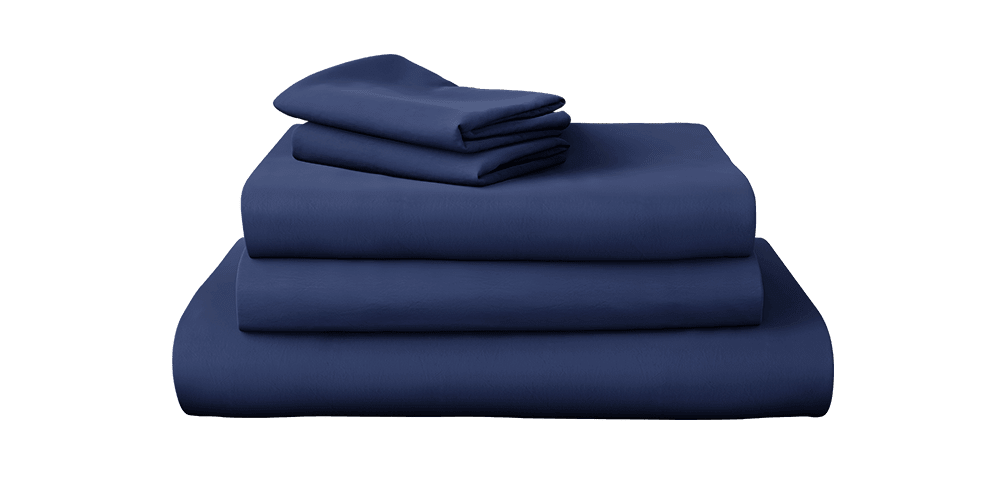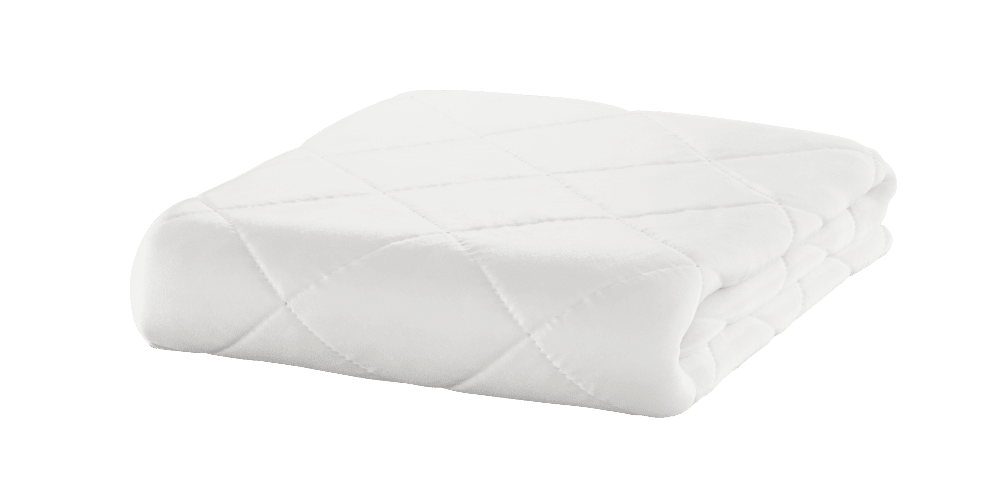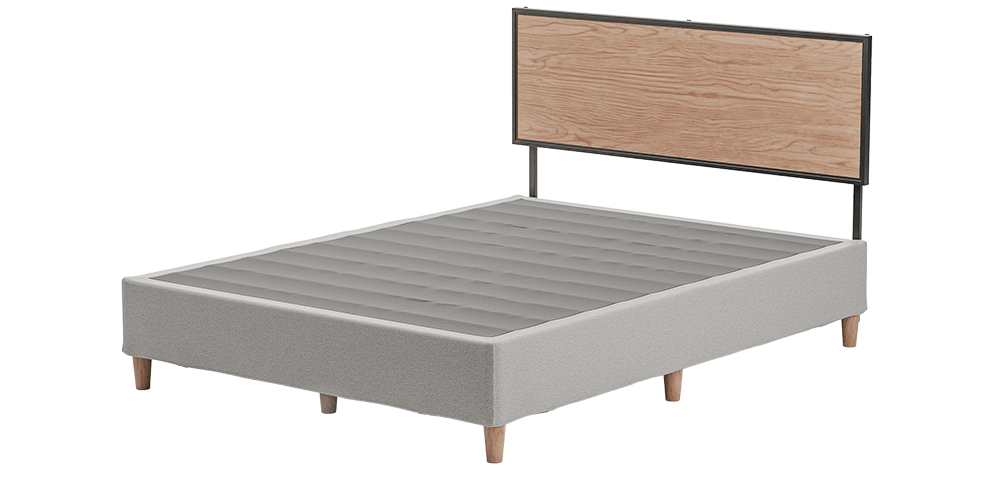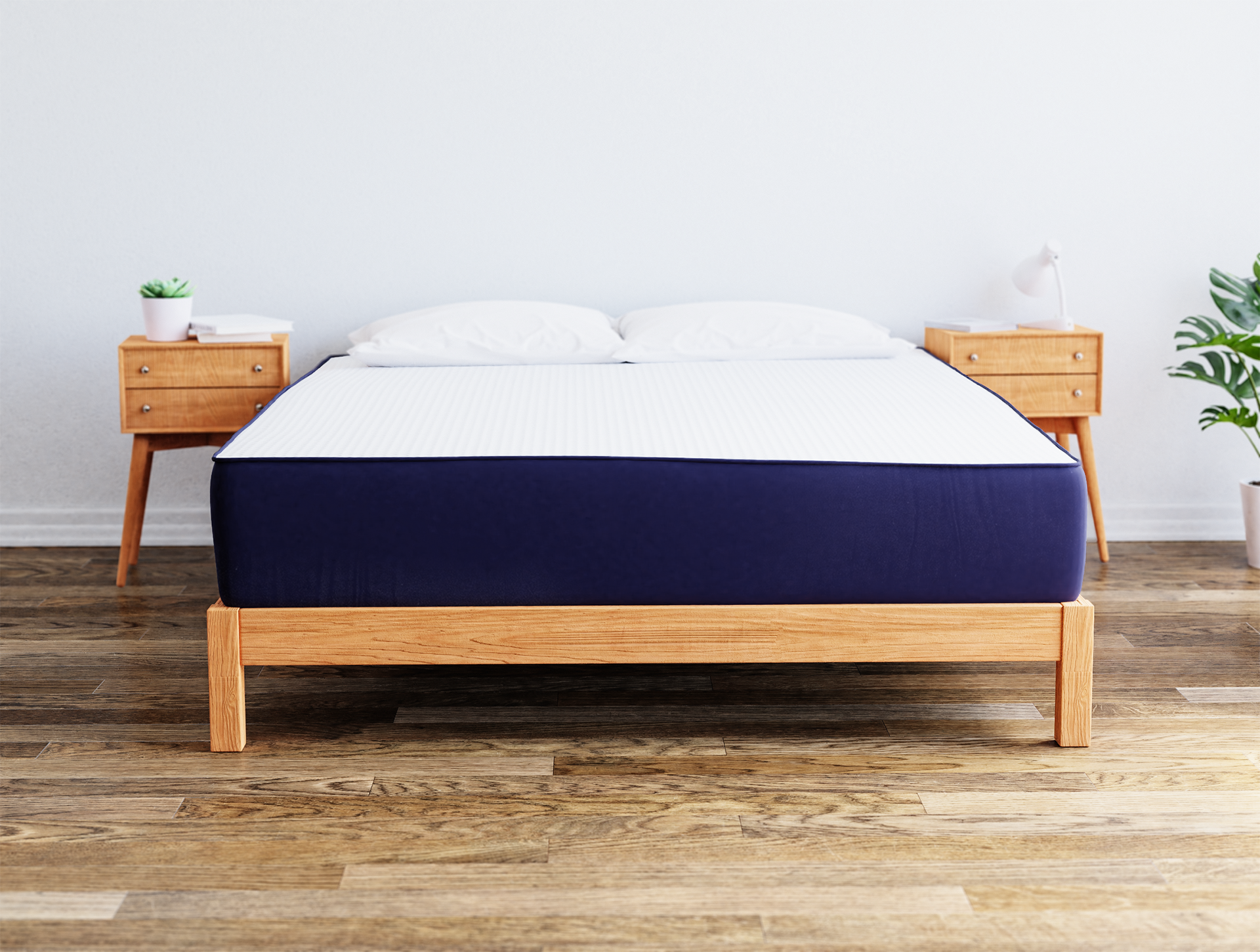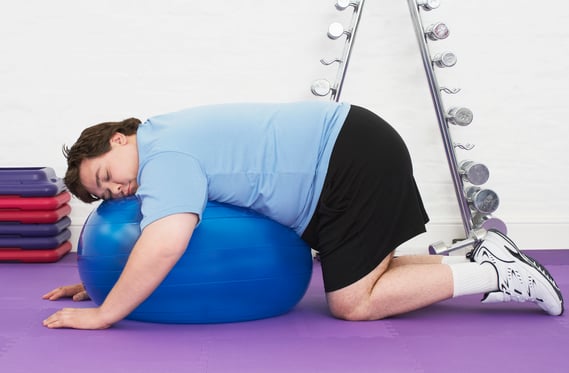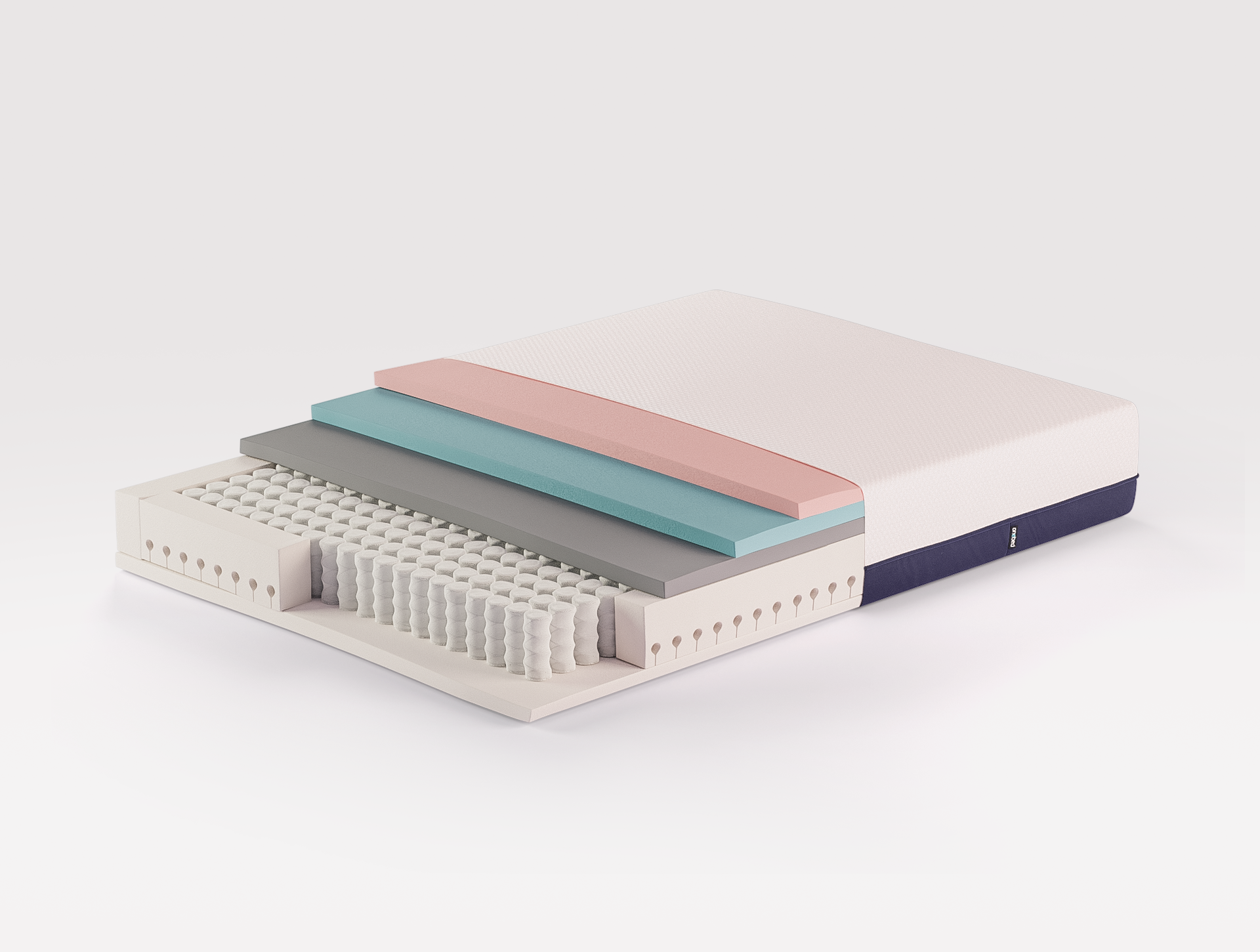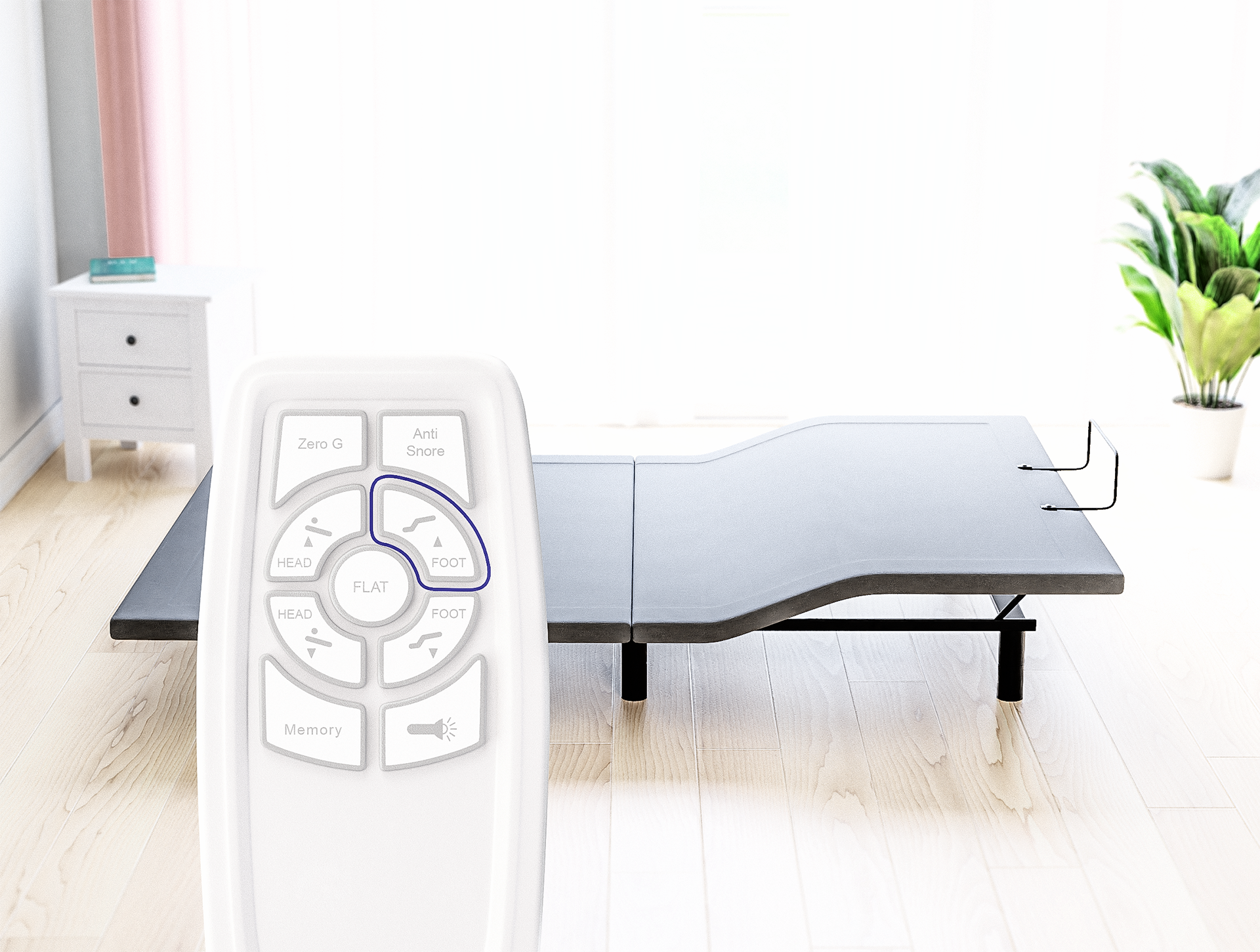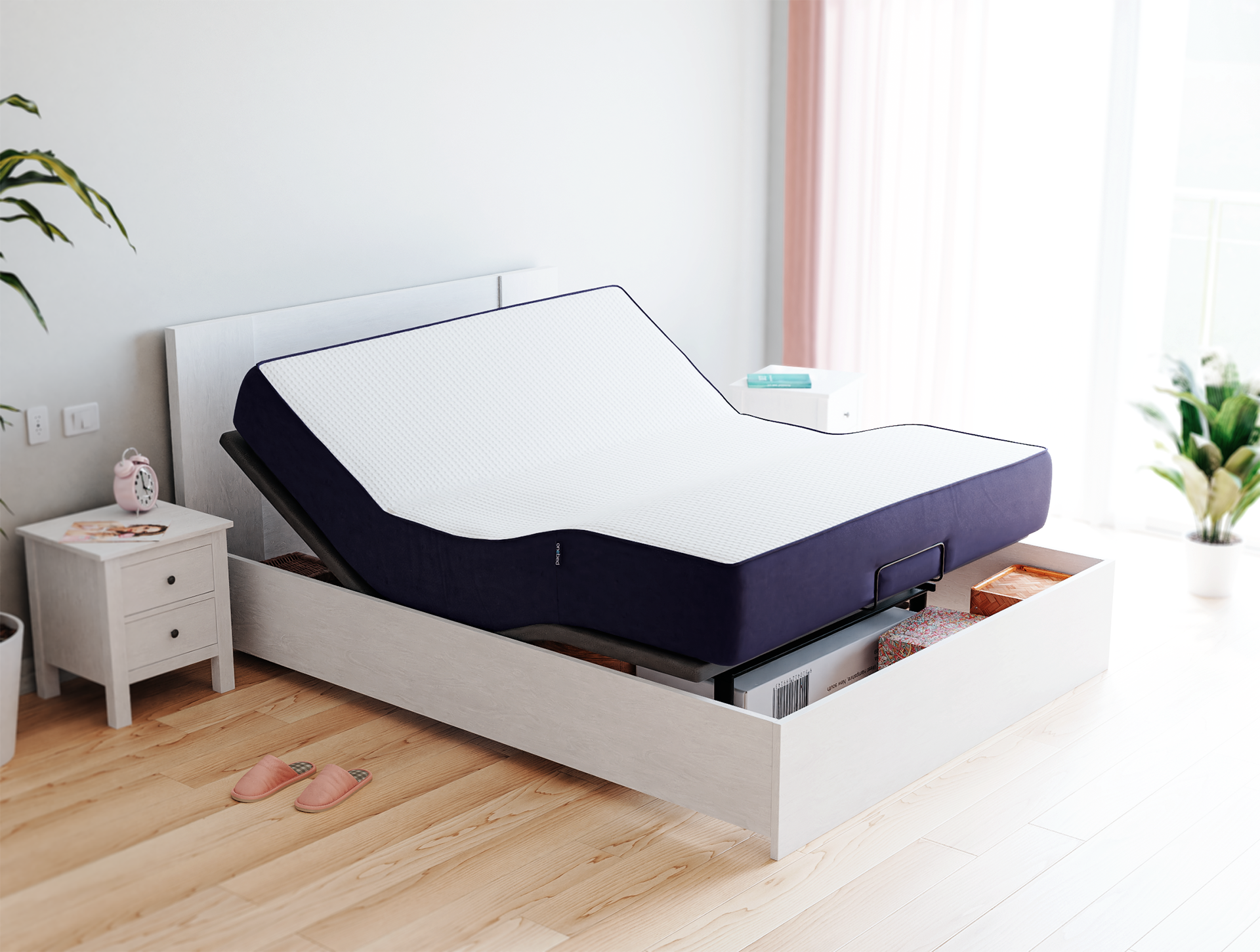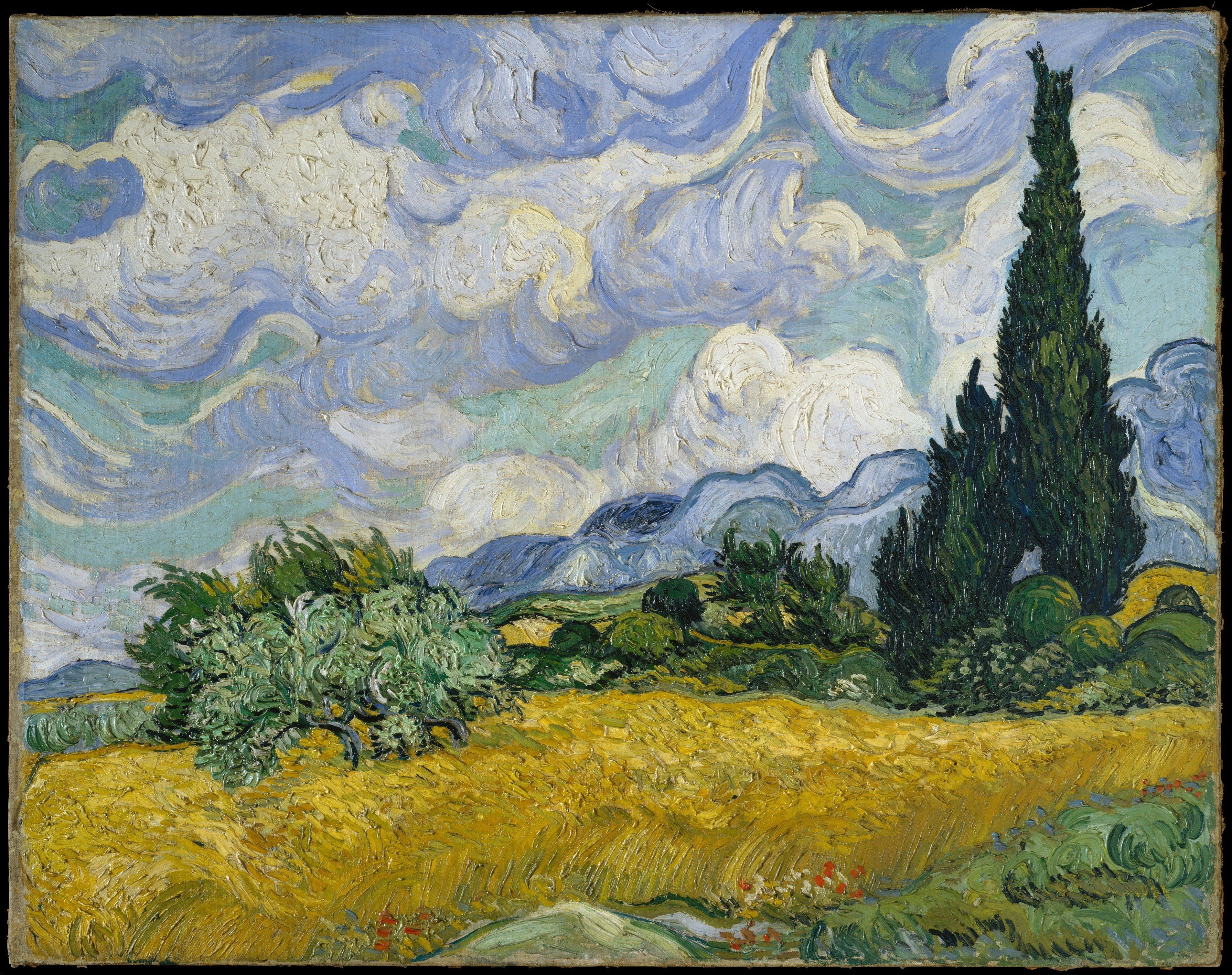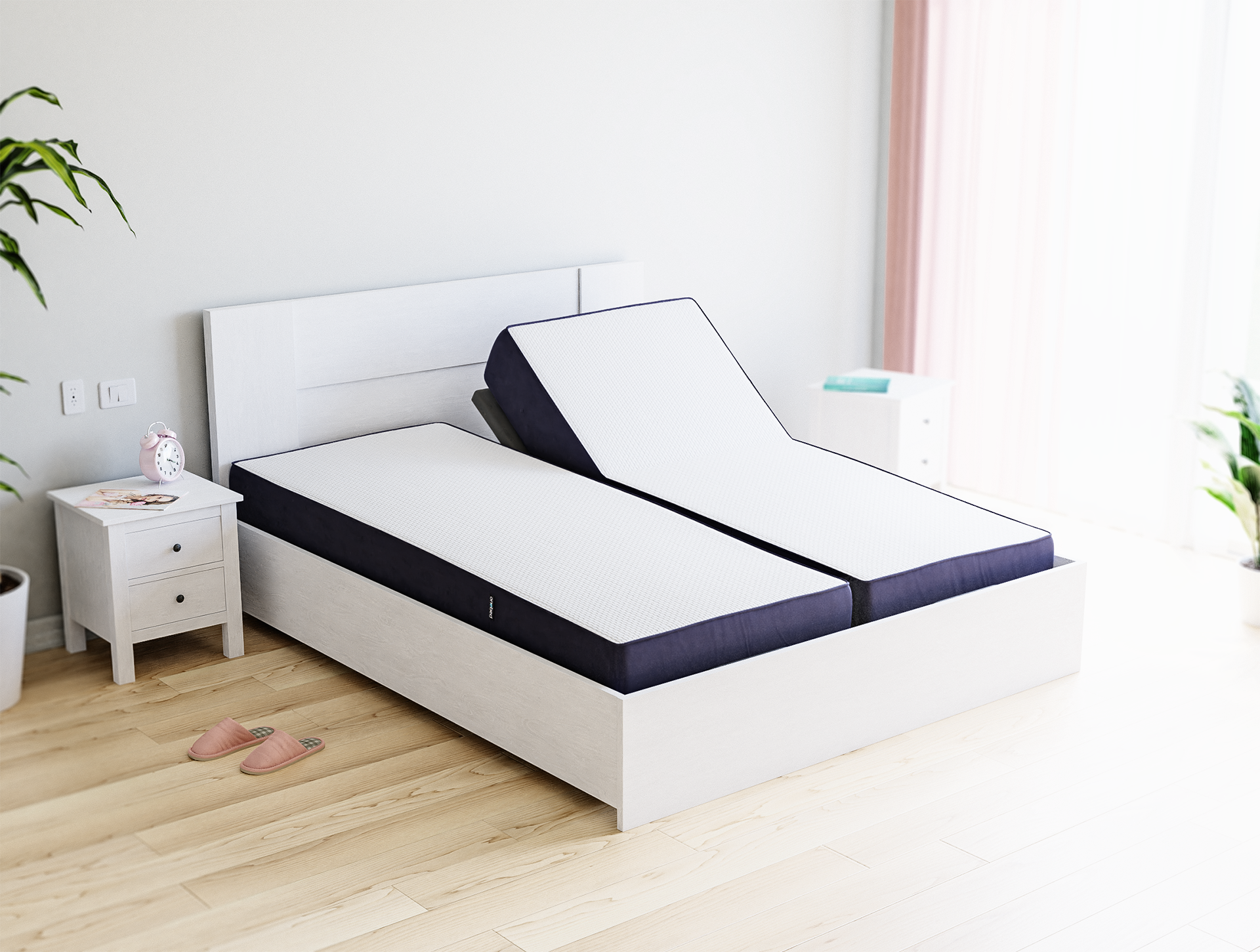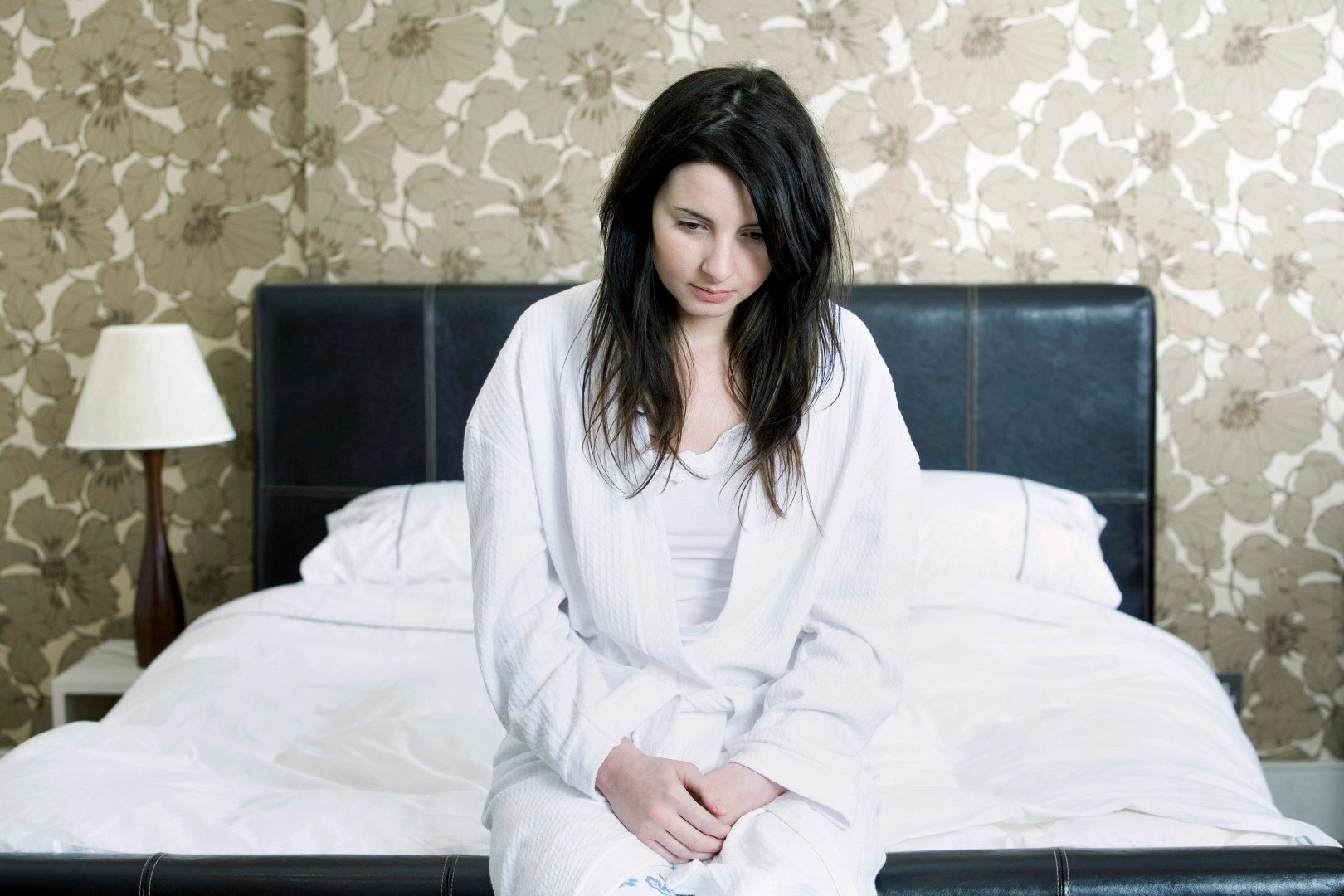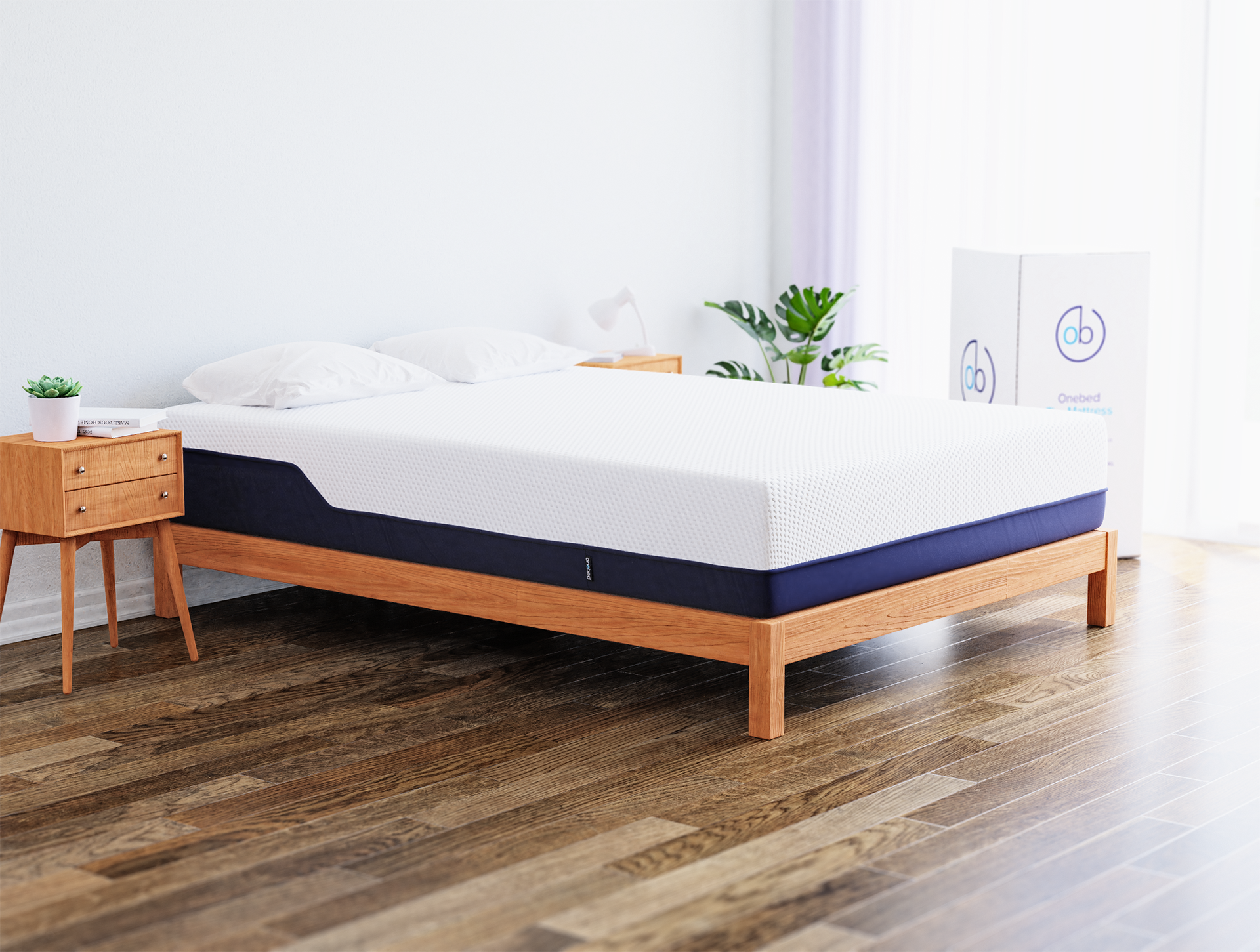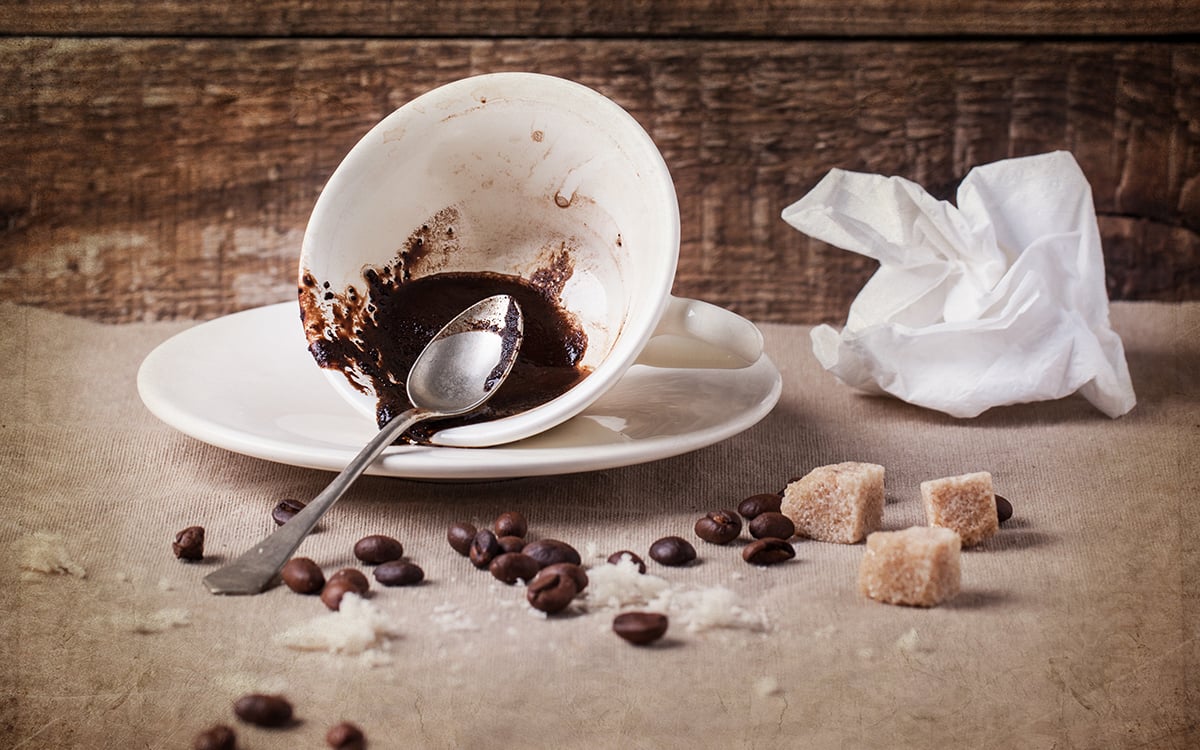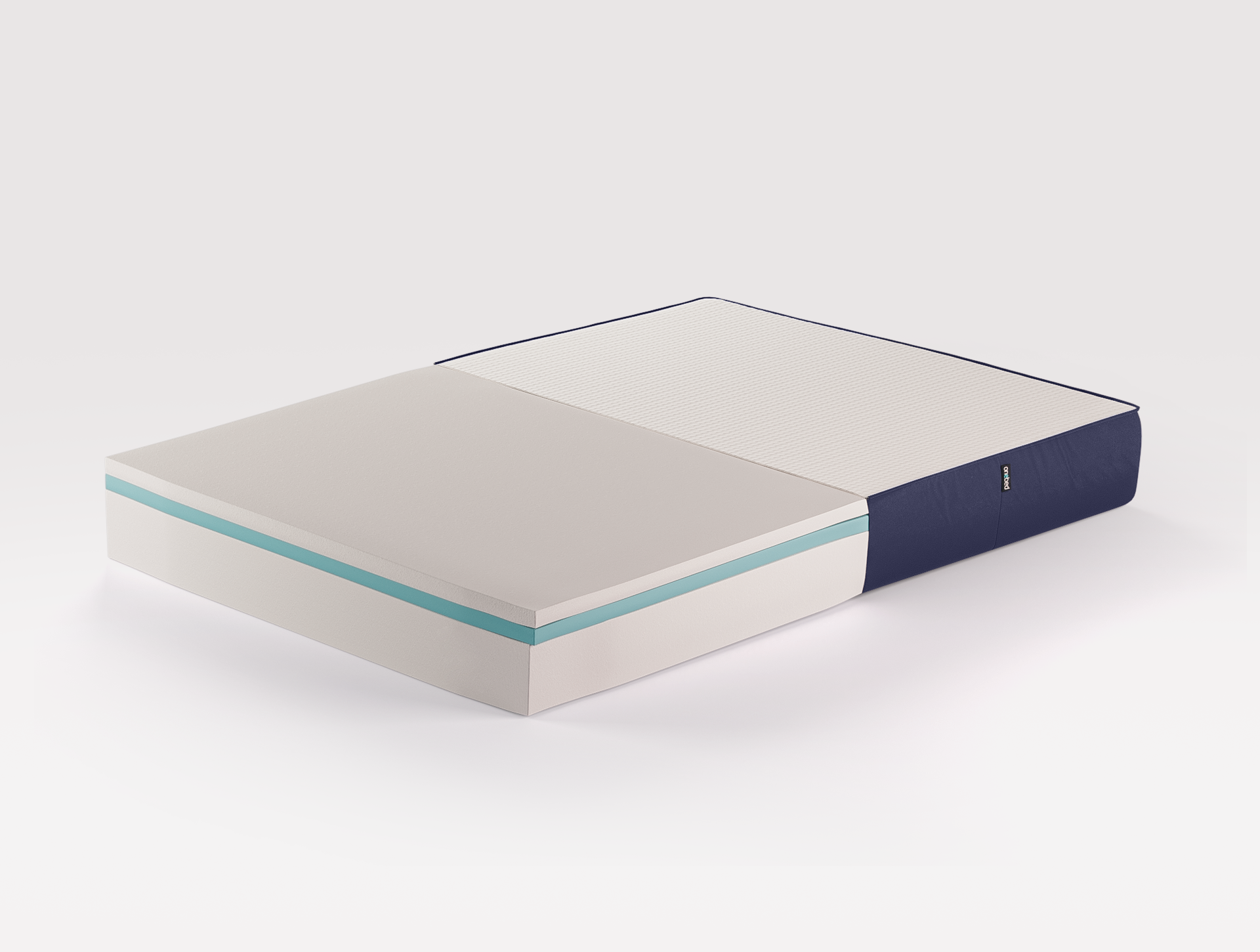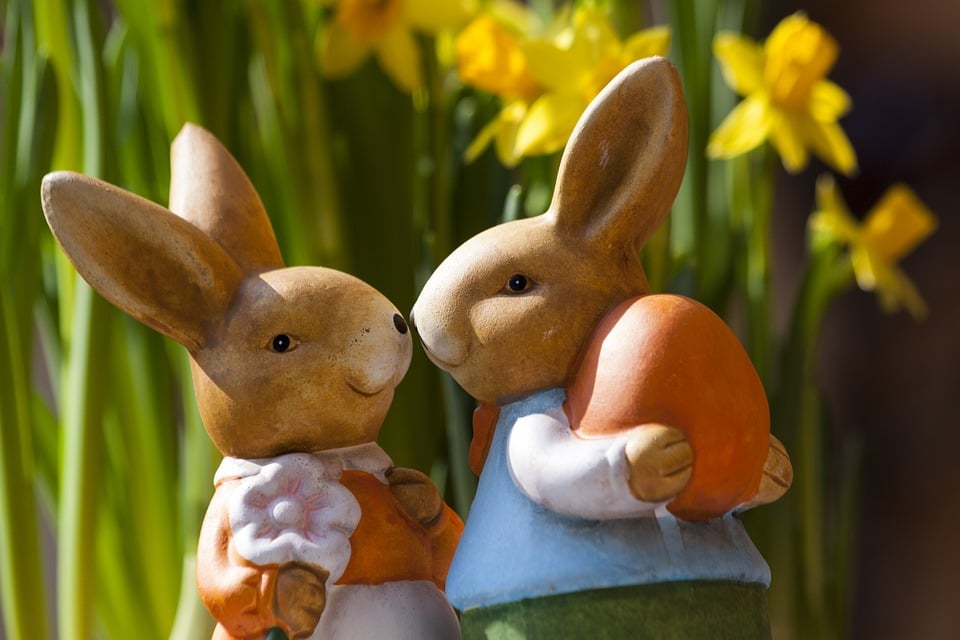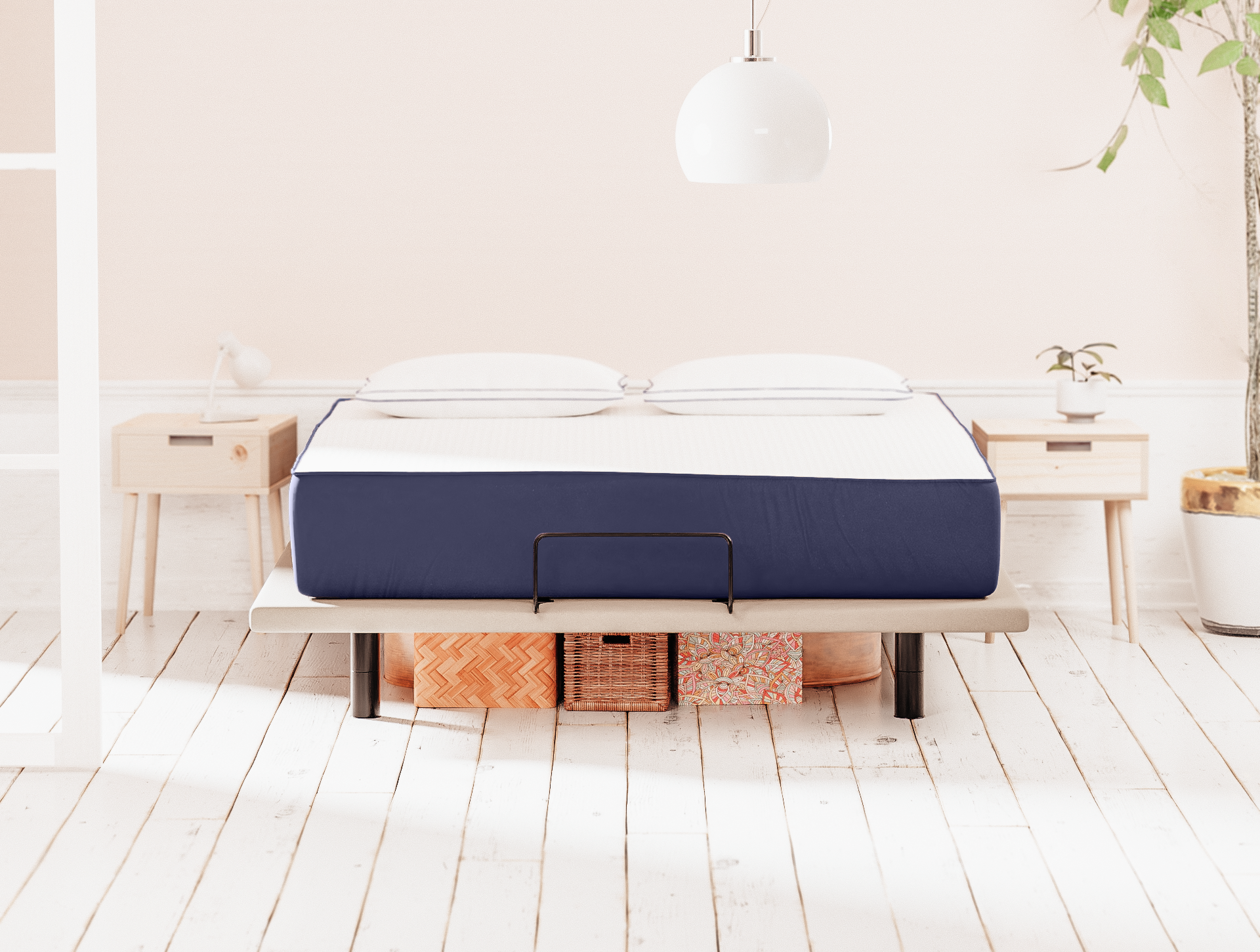Before we talk about the real benefits of having plants at home, let’s start by debunking a highly popular but ill-informed indoor gardening myth:
Having Plants Inside Your Home Cannot Clean Indoor Air Pollution
Yes, it’s true that plants remove carbon dioxide from the air. It’s also true that some plants can even remove pollutants in water – a common method in modern pollution control. However, there is no sufficient scientific evidence to say that having some houseplants at home can reduce indoor air pollution to a significant degree.
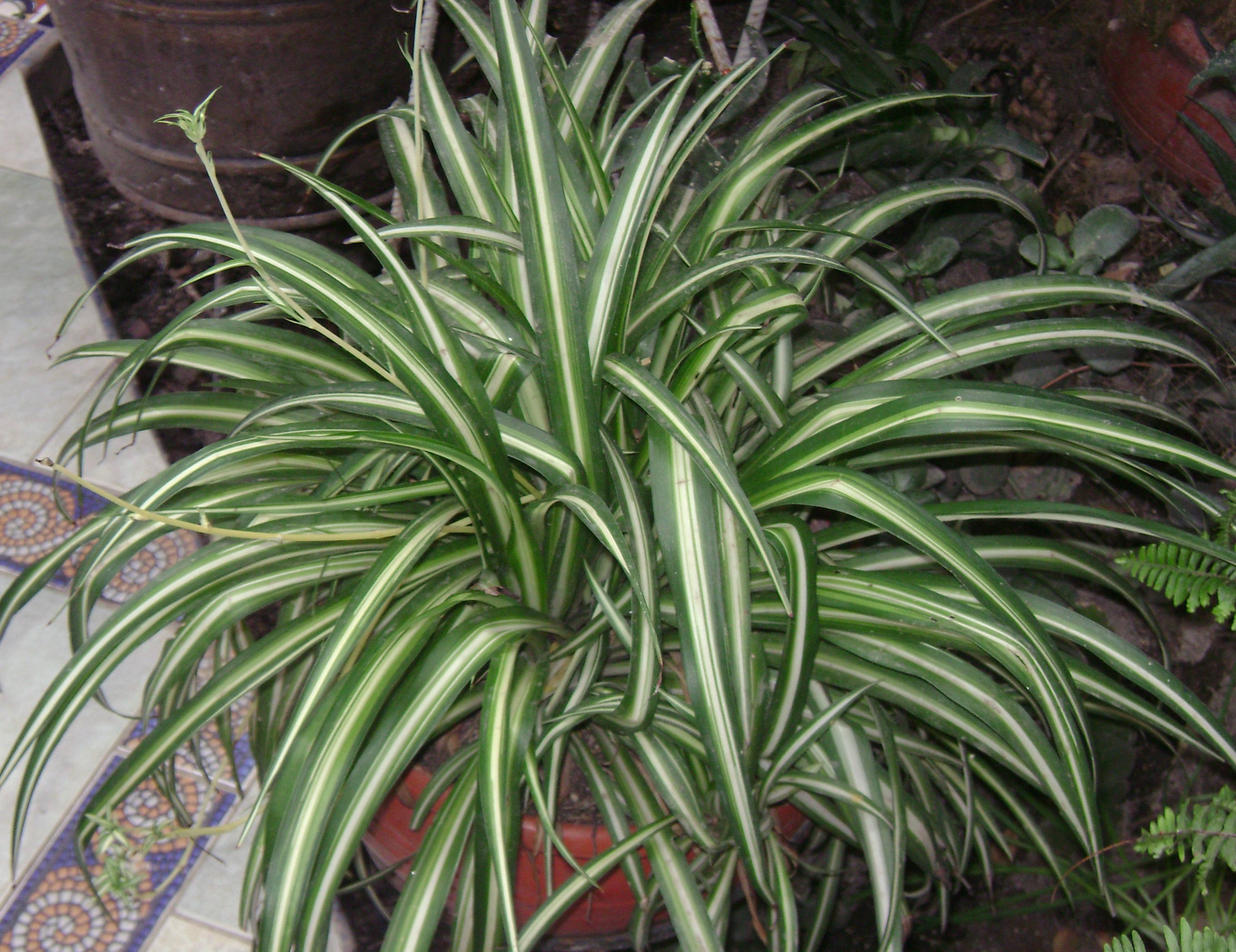
So why are so many online articles and videos claiming that houseplants can solve air pollution?
This myth comes from exaggerations of a NASA study that examined the capabilities of certain plant species to clean toxins from the air. In the study, the presence of plants did have a positive impact on air pollution. But what most people who cite the study fail to mention is that it was done under highly controlled conditions – far from the regular conditions in most households.
That’s because the main purpose of the NASA study was to devise a viable way to use plants for keeping the air healthy and breathable in sealed space habitats. And if you read the conclusion, the results were actually positive: “Houseplants along with activated carbon plant filters have demonstrated the potential for improving indoor air quality by removing trace organic pollutants…”
As you’ll notice, houseplants alone weren’t enough to do the job. The conclusion very explicitly mentions the use of activated carbon plant filters – an essential component of the system’s ability to remove trace organic pollutants.

However, those who advise using houseplants to ‘clean the air’ never really mention the activated carbon plant filters and their relevance to the study.
Also, there’s nothing in the conclusion (or the entire study) about houseplants being recommended by NASA as a way to keep the air clean in most residential homes. This is because the plants and the system keeping them alive were pitted against pollutants inside closed chambers and highly controlled laboratory conditions.
So while the study revealed that houseplants can be used to control air pollution, in no way are the results applicable for houseplants in regular homes.
But while an indoor garden can’t solve indoor air pollution, it can still improve your life in many different ways.
Gardening Fights Depression
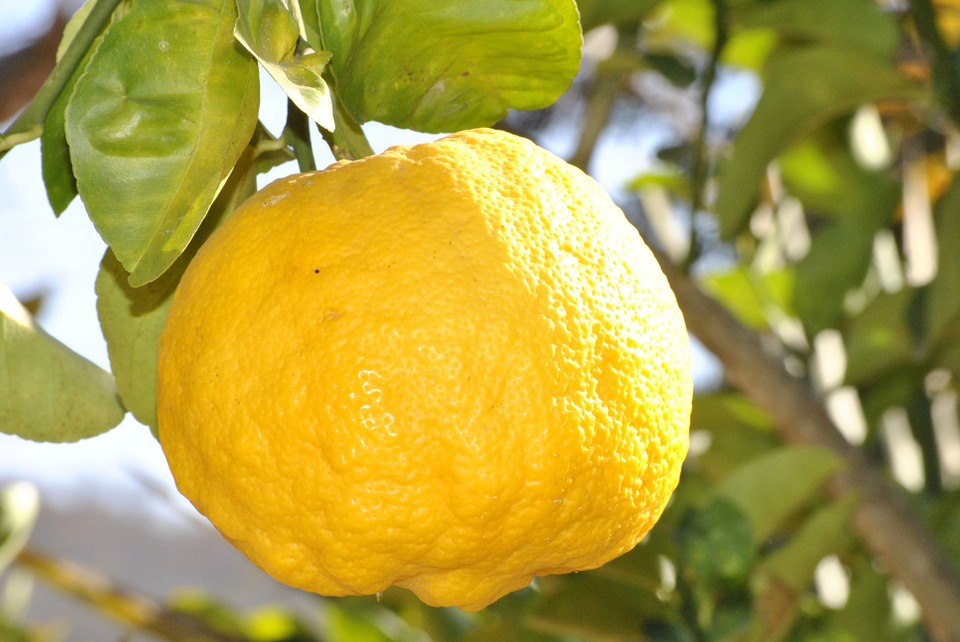
The World Health Organisation (or WHO) predicts that by 2020, the “second largest cause of ill health” will be depression. While there are certainly more obviously deadly causes for concern like obesity, cancer, and cardiovascular diseases, depression can be just as lethal in terms of its long-term impact on your health.
The WHO’s first Director-General Dr. Brock Chisholm summed it up best: without mental health there can be no true physical health.
The state of your mind will inevitably affect your entire body. In fact, stress is officially defined as the body’s response to mental, emotional, and physical pressure. How you’re feeling can cause chemical changes to your body that can affect your overall health.
That’s why doctors sometimes prescribe medication that can alter your mood and/or allow you to cope better with stress, anxiety, and pain. However, the problem with mood-altering and pain-killing pharmaceuticals is that some of them are notorious for having dangerous side-effects.
This is where gardening comes into the picture.
Gardening is an All-Natural Therapeutic Activity
At a time when around 800 Australians die from prescription drug overdoses every year, gardening provides an all-natural alternative treatment against stress, anxiety, and depression.
Engaging in gardening can result in various mental, emotional, and physical benefits. This is a fact that’s verified by numerous peer-reviewed studies on how plants can affect health and overall well-being.
For instance, in a 2008 University of Michigan study, researchers found that being under the influence of plants can increase memory retention by 20%. Test subjects who worked in the presence of ornamental plants were able to produce work of a higher quality and accuracy than those who worked in nature-free settings. In short, the mere presence of plants either at home or at work can boost memory, concentration, and overall mental performance.
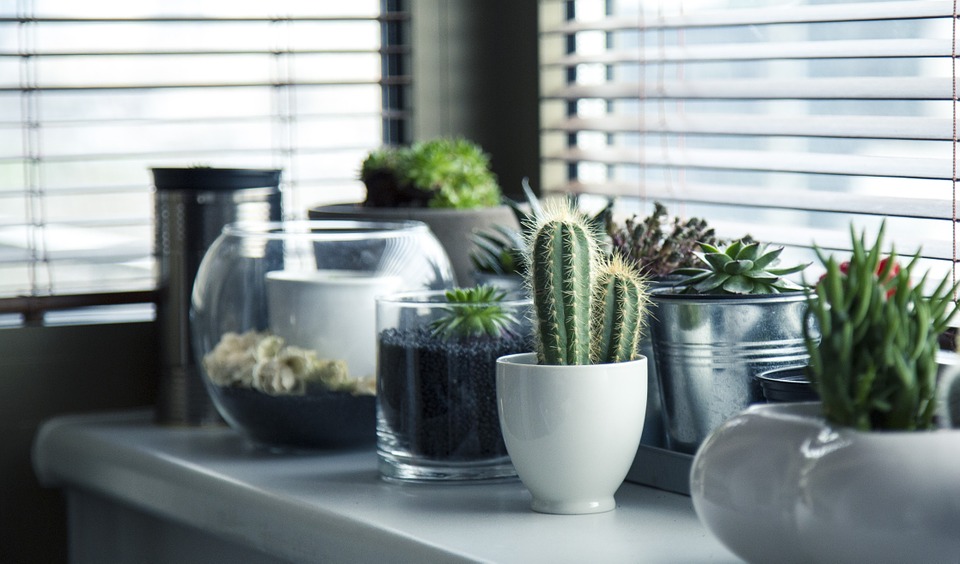
The effects are even better if you actually tend to the plants with your own hands.
Modern horticultural therapy is actually not a new concept. The act of tending to gardens has shown great promise in improving overall mental health, even in the most disturbed individuals.
Hospitals, mental institutions, and even prisons around the world have been known to successfully use gardening as a way to give patients/inmates a more positive outlook in life. Even schizophrenics and traumatized war veterans have been known to benefit from the restorative effects of horticultural therapy.
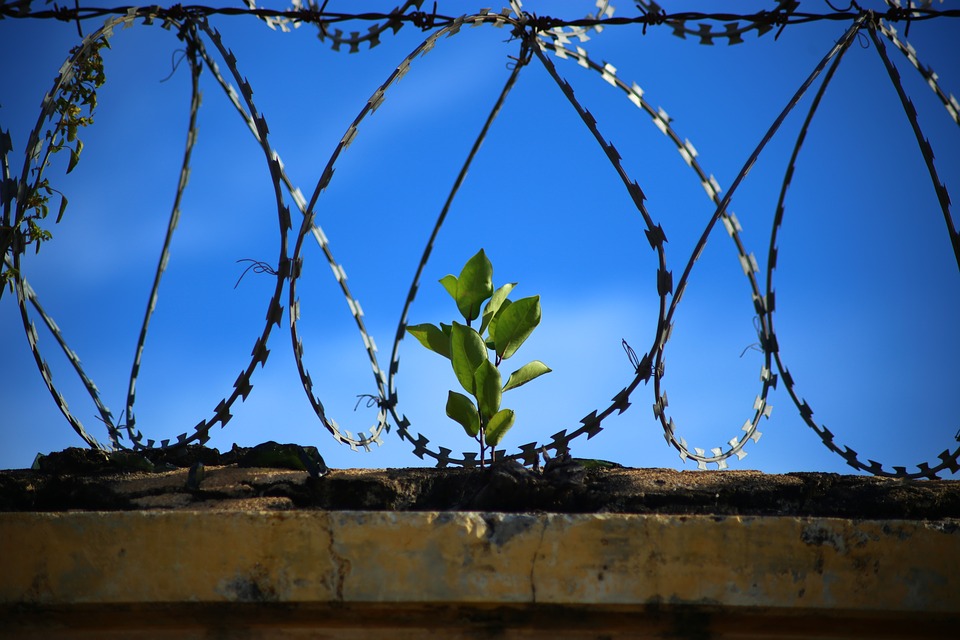
For you at home, tending to your own indoor/outdoor garden could allow you to manage stress better as well as work more efficiently. It might even ease or mitigate symptoms of depression caused by anxiety and stress.
We’re not saying that gardening or horticultural therapy is an all-cure to mental and physical illness. But if you’re concerned about the state of your mental health, it’s certainly worth a try.
And that’s not all. Some plants are more beneficial for the brain than others.
Lavender is a Powerful Mood Stabilizer With Neuroprotective Properties
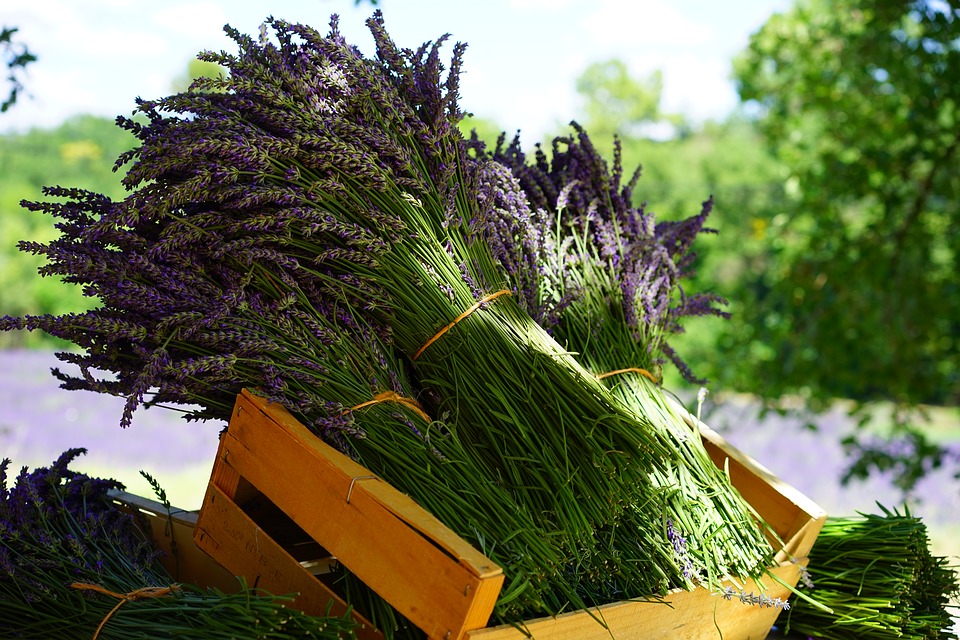
Many plants and herbs are claimed to have highly relaxing and calming effects. However, lavender is the only one with claims that are backed by literally more than a hundred verifiable studies.
Lavender has been around since ancient times as a medicinal herb with a variety of uses. And now, modern scientists have found that a lot of this is because of lavender’s intense positive effects on the nervous system.
According to the experts, lavender is a mood stabilizer, anxiolytic (anti anxiety), analgesic, sedative, and anticonvulsive chemical that may even have neuroprotective properties. Various tests have shown that the application of lavender, whether through inhalation or oral ingestion, can significantly reduce pain, induce mental and physical relaxation, lengthen sleep duration, and even improve spatial memory.
Experts also advise a variety of ways to use lavender. The most and direct way would be via lavender essential oil, which can be used in massages, aromatherapy, or ingested in the form of pills (although lavender in pill form can be hard to find).
If you can manage to grow a thriving patch of lavender at home, you can also try steeping it like tea to enjoy its calming effects.There’s nothing like coming home to the scent of lavender (whether in flower or tea form) after a hard day at work.
Just be warned: some of these studies say that the effects of lavender on the brain and nervous system are highly similar and possibly more powerful than that of diazepam (but without the addictive side-effects of the said pharmaceutical).
This simply means that combining lavender with diazepam, Xanax, and other similar medication may cause drowsiness. So, if you’re already taking prescribed relaxants, you should consult your doctor about trying lavender.
Home Gardens Expand Your Culinary Repertoire
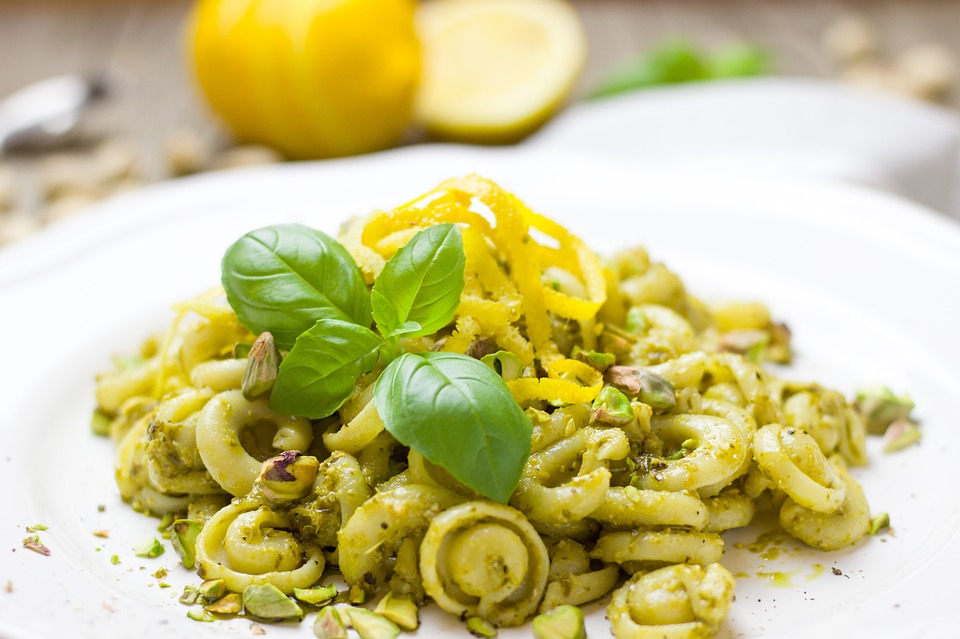
Whatever type of climate you live in, there’s bound to be a variety of herbs and plants that you can grow either indoors or outdoors. And many of these can be used to expand what you can brew or cook in the kitchen.
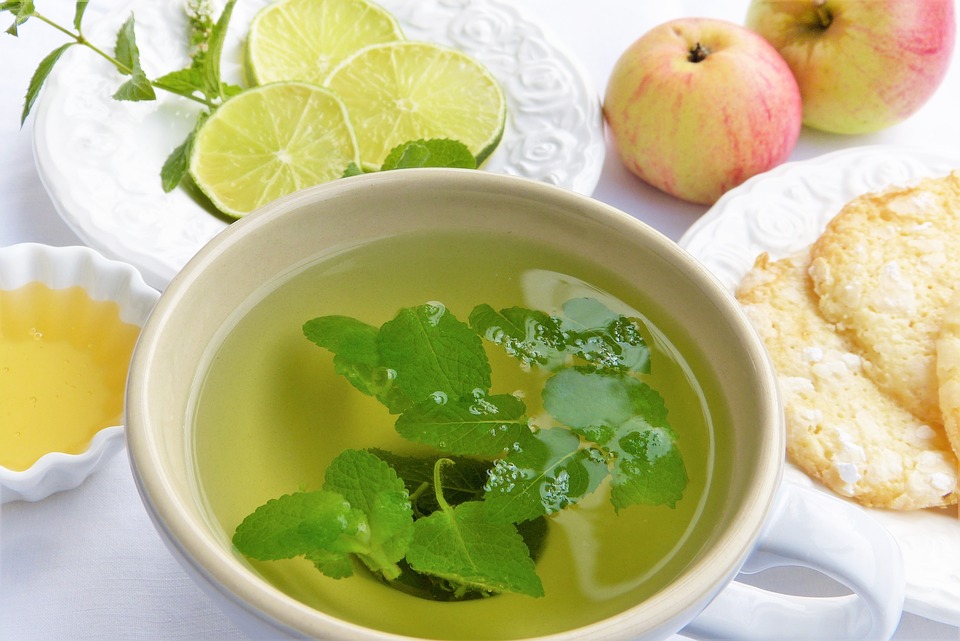
Basil, mint, cilantro, chives, oregano, rosemary, kaffir lime, and sage are just some of the herbs that can be easily grown in either indoor or outdoor gardens. Lavender is a little trickier to keep alive than most plants, but it’s entirely possible to have a thriving batch of it at home. Tomatoes are even harder to grow and keep alive, but the juicy rewards are well worth it.
Perhaps the most obvious benefit of having and tending to your own garden at home is the satisfaction of growing your own fruits, vegetables, herbs, and flowers. Nothing is as tasty as the food you make using ingredients sourced from your own home garden.
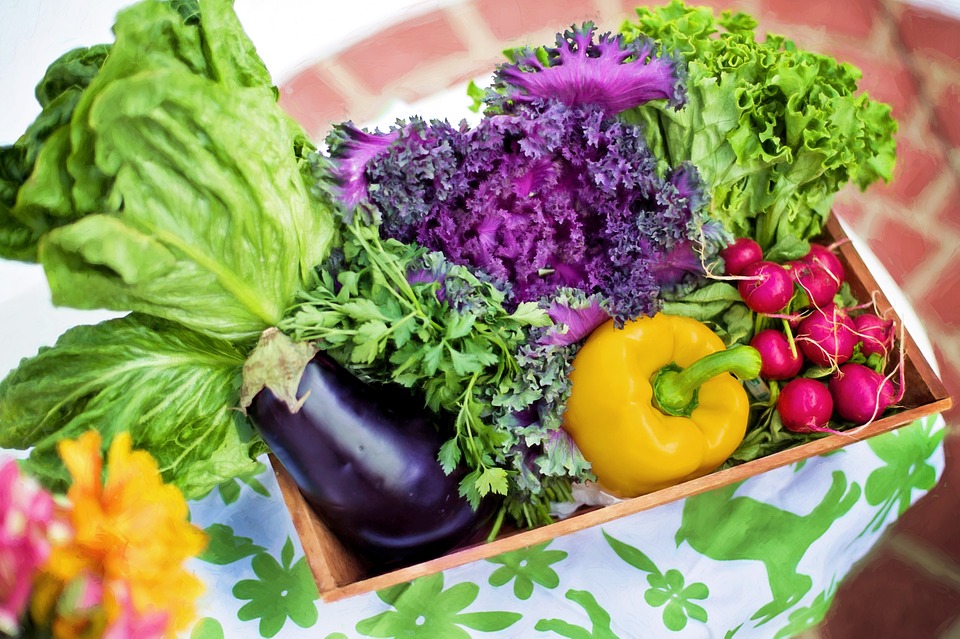
So stop thinking about having a home garden and just do it. If you have no idea where to start, there are literally countless online sources that can teach you how to start and maintain almost any type of garden.
Remember: it’s okay to fail at this during your first several tries. Gardening is simple, but it can be tricky to get everything right at the start. Start small and don’t stop trying until you manage to grow something and keep it alive.
Just be prepared to get addicted to shopping for new gardening supplies. Once you start learning how to grow your own fruits, herbs, flowers, or vegetables, you’re bound to get slightly obsessed.



